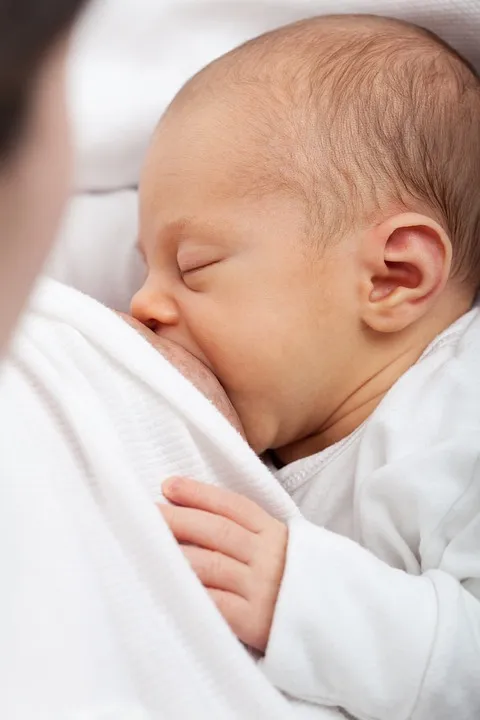So far, the recommendation has always been to avoid giving food to children at risk of allergies for as long as possible. However, there are indications that early contact with allergens favors tolerance.
Birth is an extraordinary event and parents, naturally, want to give their child always and only the best and above all to make sure that they can face the future well. And so, if they can protect it from allergies the better.
More attention should be paid to children at risk of allergies. The risk of allergies is considered high when at least one of the parents or a brother or sister suffers from an allergy. The allergic reaction is triggered in case of hypersensitivity of the organism towards certain proteins of different allergens such as food, pollen, and mites.
New knowledge
The World Health Organization (WHO) still today recommends a period of exclusive breastfeeding for six months. The beneficial effects on the development of the baby have mainly been demonstrated for exclusive breastfeeding in the first four months of life of the newborn. In the past, the belief that it was better to keep children as long as possible away from potential allergens prevailed. Recent research has shown that the gradual introduction of certain foods between the four and sixth month of a child's life positively influences the development of tolerance. Complementary foods seem to reduce the risk of allergies, but this should not lead to premature termination of breastfeeding,
Frequent allergens:
• eggs
• animal milk and dairy products
• legumes
• walnuts
• citrus fruits
• soy
• fish
• chocolate


